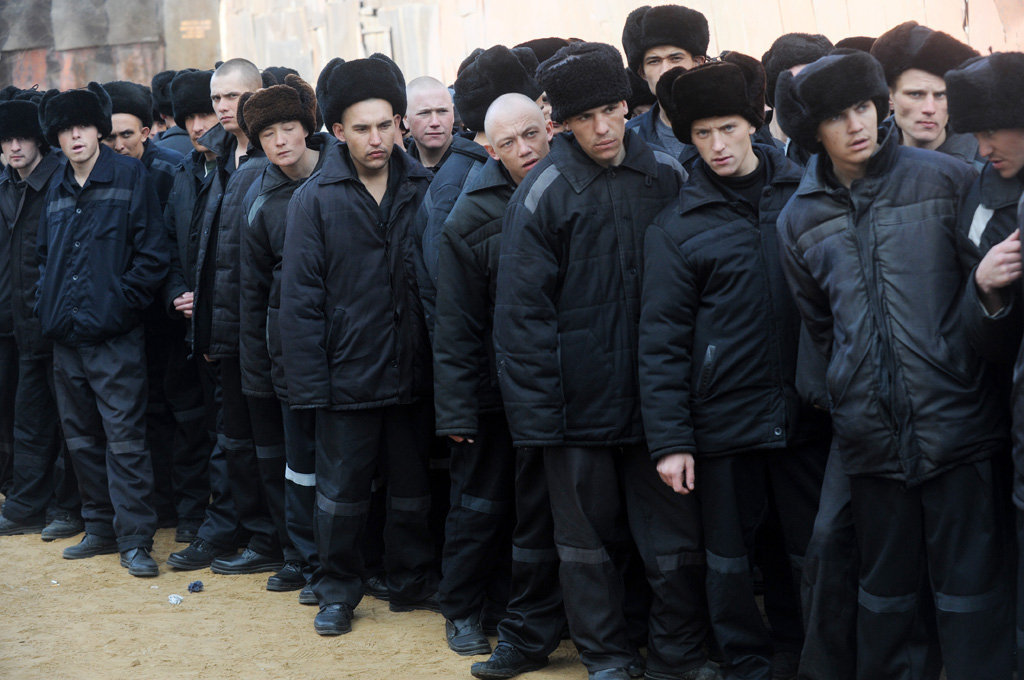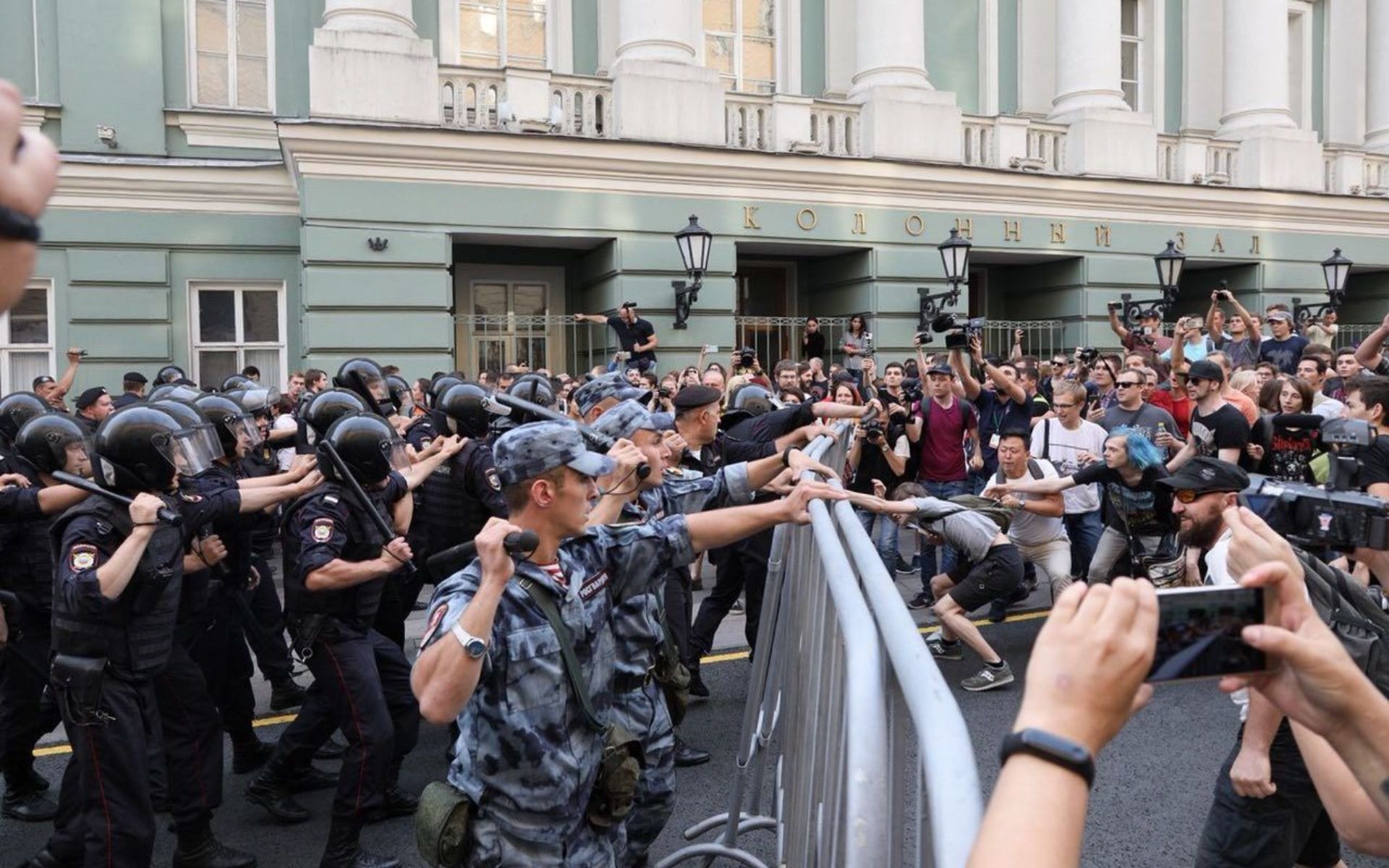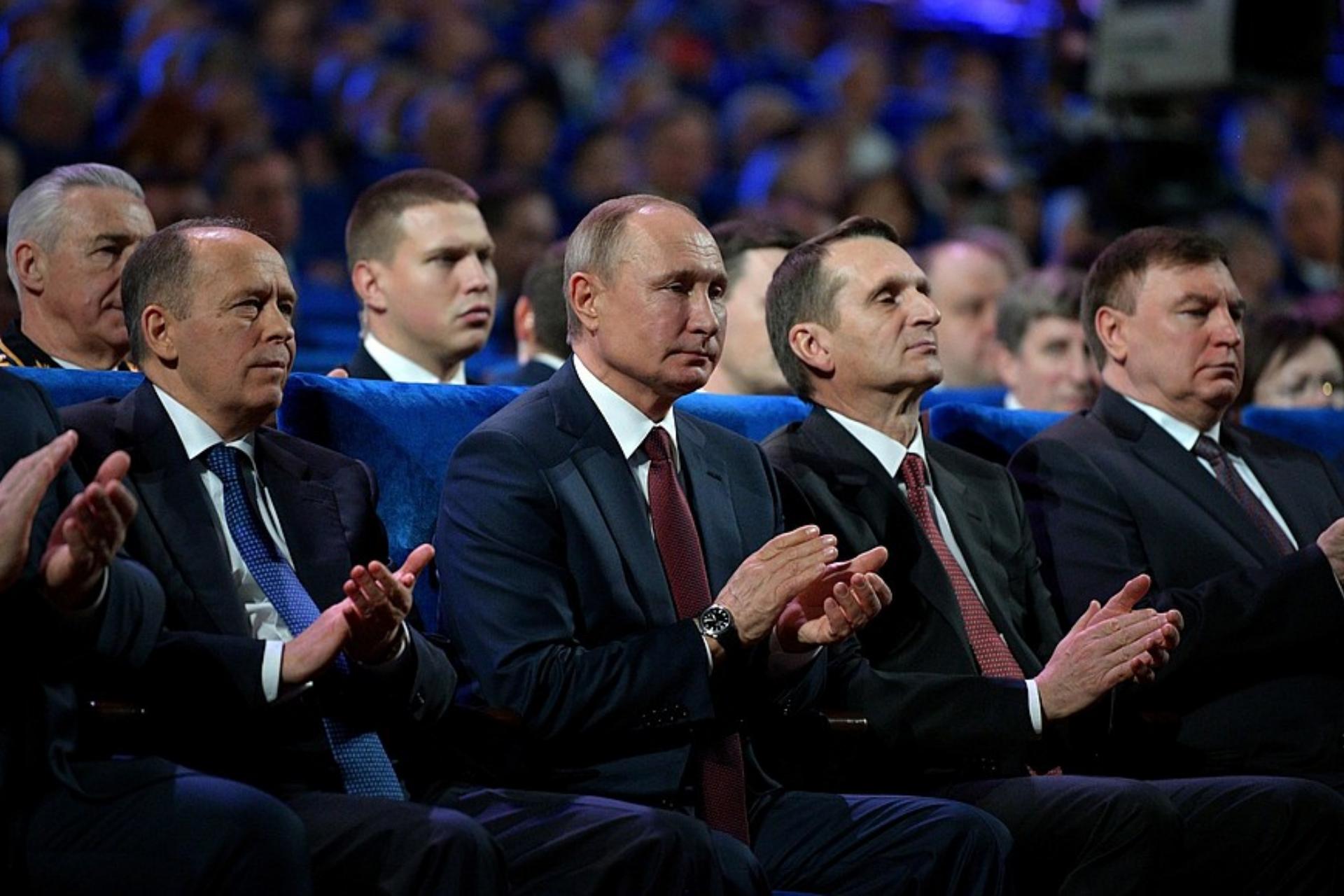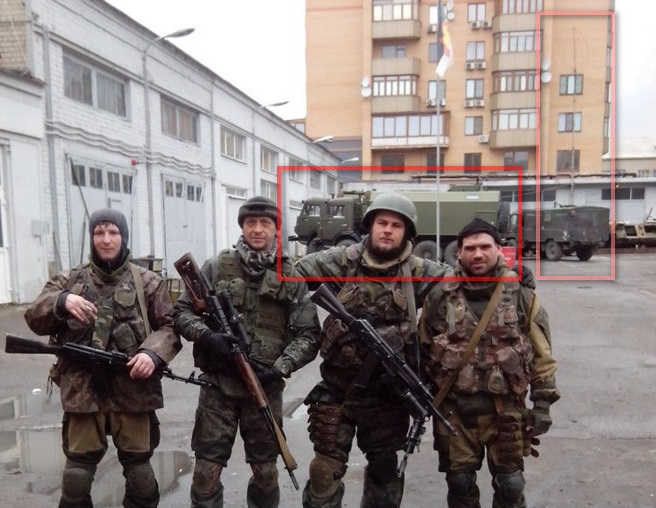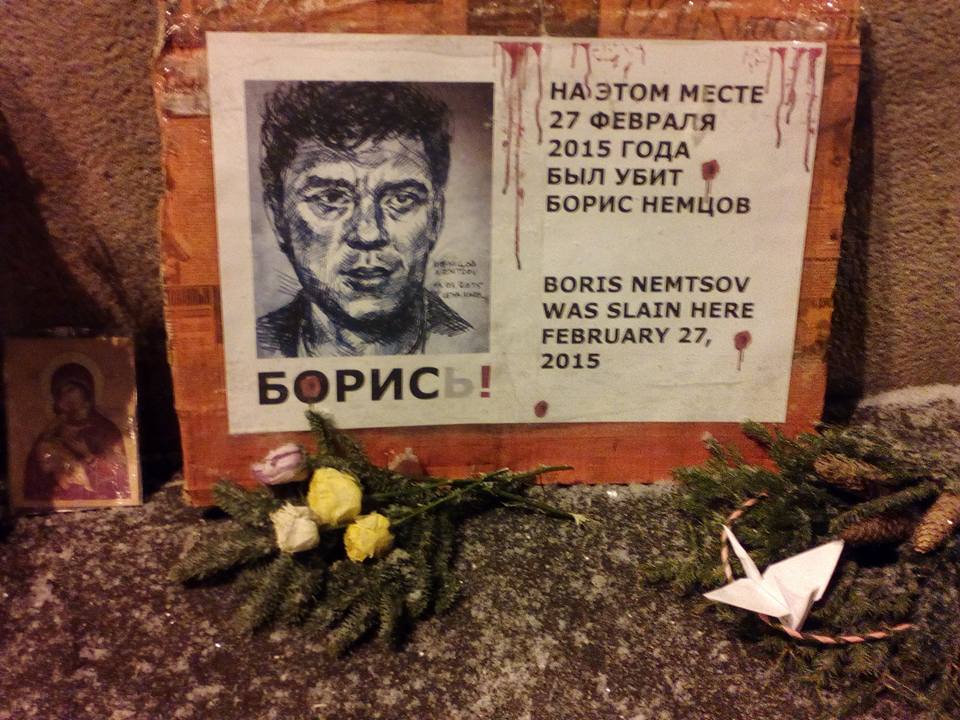
Every fourth adult male in Russia has spent some time in prison, Igor Yakovenko says; and in some places far from Moscow and St. Petersburg, that share is far higher. Thus, doing time is not viewed as something shameful or bad but “normal or even honorable,” and the customs of the jail have spread to Russian political life.
Indeed, the Russian commentator says,
Vladimir Putin, who came out of the security agencies which dispatched so many people to prison, has attracted attention since 2000 for his use of criminal jargon; but the penetration of the criminal world into the everyday one is much deeper than rhetoric. It explains why certain things are done or not done by the authorities and by Russians more generally.
Yakovenko gives as an example “the pathological homophobia” in Russia, a collection of attitudes which are “completely inexplicable for Europeans and Americans where homophobia of course is present but as a kind of exotic anomaly.” In Russia, on the other hand, it is a core belief.
“It is thus no accident,” Yakovenko says, “that the law on the prohibition of propaganda of homosexuality has become a truly ‘popular’ law: According to VTsIOM, 88 percent of Russians support it, a figure even somewhat higher than back Putin and almost as high as the one about the backing of the annexation of Crimea.”
“It isn’t difficult to see all these criminal methods in Russian politics,” the commentator continues; and he offers two examples from the last week.
The first involves Moscow’s decision to send Yuliya Samoilova to represent Russia at the Eurovision song competition in Kyiv. He says that there were two reasons for this: first, her being in a wheelchair; and second, Crimea.
Consequently, even if the Ukrainian government does agree to admit her, some Ukrainians will be outraged; and their expression of outrage will be something that Moscow not only will exploit but is counting on provoking in order to exploit, Yakovenko says, exactly the kind of calculation a criminal would make.
The second case revolves around the new law proposal by State Duma deputies Poklonskaya and Zatulin to offer Russian citizenship to anyone who lived or whose ancestors lived in the USSR or the Russian Empire, even if they do not give up their other citizenship and even if there is no bilateral agreement on dual citizenship.
“There will be several consequences of this provocation,” Yakovenko says. Georgia experienced nine years ago the first of these when Moscow distributed Russian passports in Abkhazia and South Ossetia so that any “mistreatment” of people there was not simply against ethnic Russians but against citizens of Russia.
“Another completely obvious consequence of this ‘jus soli’ provocation will be to add to the number of the loyal electorate in Russia itself.” People who get passports this will be “much more devoted” to the regime than even the Uralvagonzavod workers or the Kadyrovites in Chechnya” – not to mention the possibility of falsification of election results among such people.
Yakovenko concludes that “a normal and civilized individual does not have a good answer to these criminal challenges.” But he points out that there is one that will work: responding forcefully and in kind: “Neither the history of Russian jails nor the history of humanity give any other variants” likely to work.
Related:
- Putin regime was a criminal one long before Crimea, the doping scandal shows
- Moscow spy services said deploying Russian criminal world against Ukraine
- Chekist regime and criminal world in Russia now ‘completely coincide,’ Portnikov says
- Putin’s Russia well on its way to ‘criminal neo-totalitarianism’ with a ‘neo-terror’ and a ‘neo-GULAG,’ Pastukhov says
- Kremlin’s censorship of Shenderovich interview spotlights Putin’s mafia connections
- Putin’s language doesn’t threaten Russia’s neighbors but does threaten Russia, Shchetkina says

